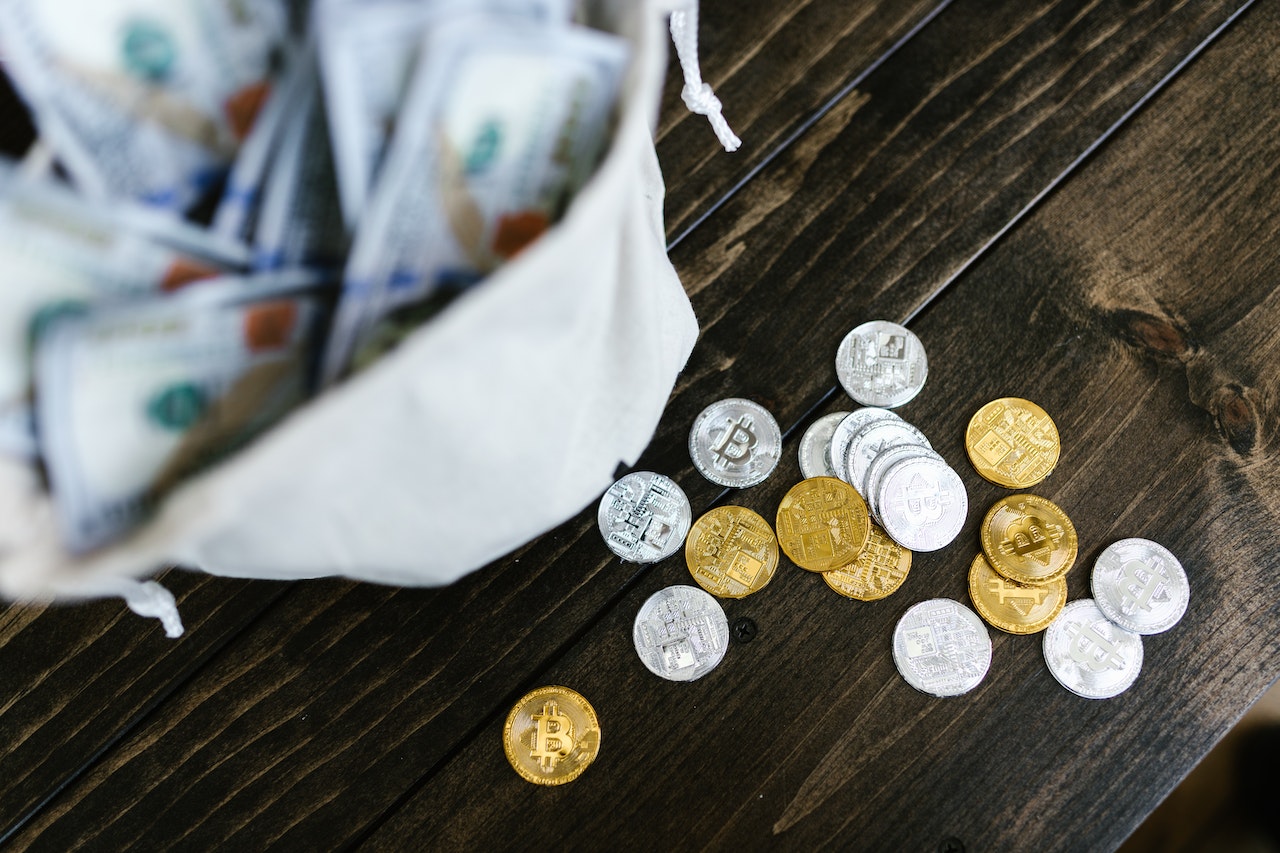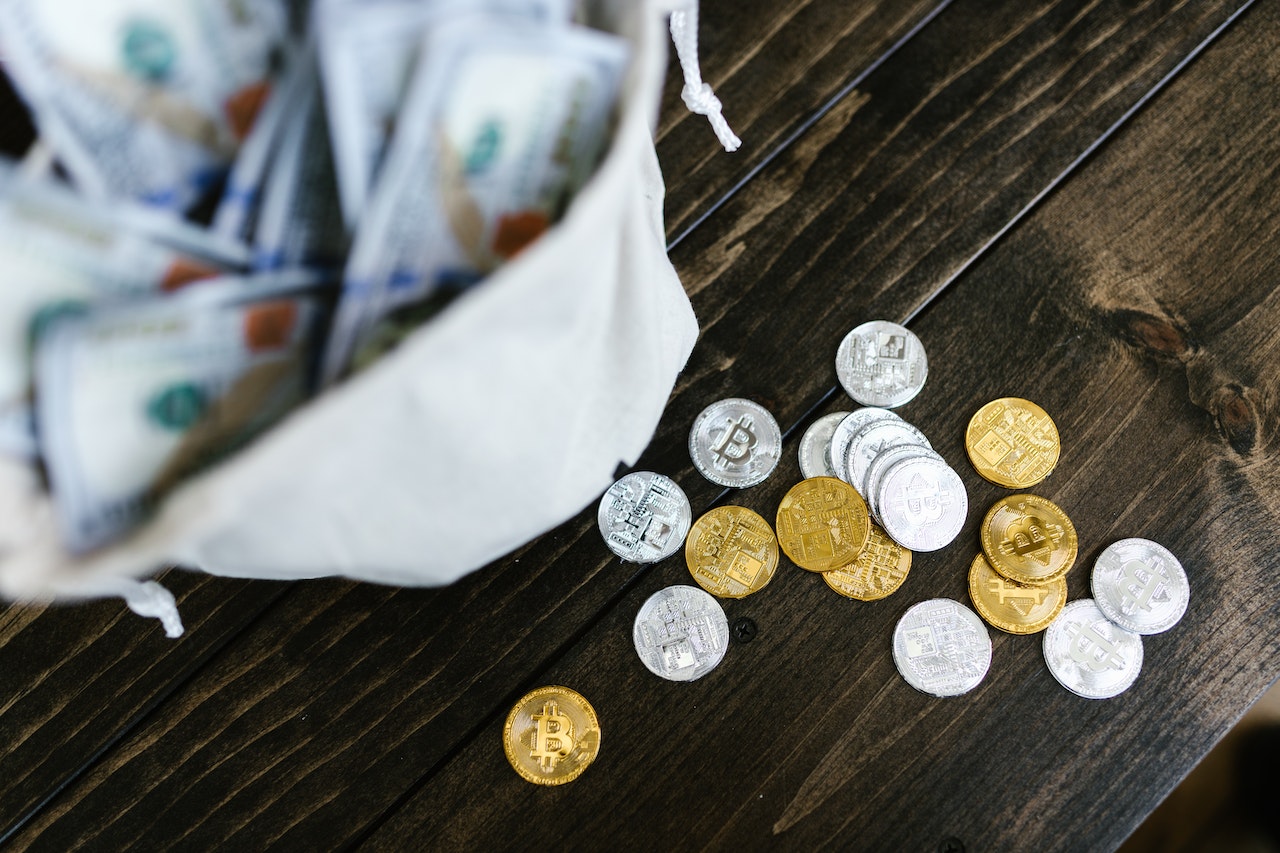Nigeria’s SEC May Permit Asset-Backed Tokens, Crypto Trading Remains Off-Limits

Despite banning crypto transactions in February 2021, Nigeria is now considering a new approach to digital asset trading by allowing asset-backed tokens.
According to a recent report by Bloomberg, the Nigerian SEC has opened up the application process for digital exchanges to test tokenized asset offerings.
This move is part of the country’s efforts to boost market participation in the digital asset space.
The SEC has indicated that it may permit tokenized coin offerings backed by assets such as equity, property, or debt, but not cryptocurrencies, on licensed exchanges.
In an interview in Lagos, Abdulkadir Abbas, the SEC’s head of securities and investment services, confirmed this development.
Nigeria’s SEC Testing the Waters on Tokenized-Asset Technology
As Abbas said, the regulator plans to start with clearer assets proposals that are simpler to understand before venturing into more complex ones.
This move may attract tech-savvy individuals and entities to Nigeria’s local assets, including equities.
According to the defunct exchange Paxful, Nigeria accounts for the highest volume of crypto transactions on peer-to-peer trading platforms outside the US, with over 200 million residents.
Nigeria’s SEC plans to register fintech firms as digital sub-brokers, crowd-funding intermediaries, fund managers, robo-advisors, and tokenized coin issuers.
However, it will not permit crypto exchanges until the central bank, which banned crypto transactions in 2021, agrees on a standard.
There will be a trial period during which intended digital exchanges undergo regulatory incubation. During the so-called incubation period, these digital exchanges would offer skeletal services under the SEC’s supervision.
According to Abbas, this step will help the SEC to study and understand their pattern of operations and capacity to render tokenized assets services in Nigeria.
Abbas further noted that the SEC expects to decide which firm to register and whether to extend the incubation period or stop the operation by the 10th month.
Nigeria isn’t the only nation trying tokenized assets. In 2022, Singapore launched a project tagged Project Guardian to explore potential uses of asset tokenization.
Many prominent industry names, including JPMorgan Chase and Co, DBS Bank, and Marketnode Pte, participated in Project Guardian’s pilot.
The pilot involves the creation of a permissioned liquidity pool consisting of tokenized bonds and deposits.
Nigeria Seeks Tech Partners to Revamp eNaira Technology
The SEC’s move follows the Central Bank of Nigeria’s plan to tech-revamp its eNaira to control the CBDC technology efficiently.
Nigeria has already launched its Central Bank Digital Currency (eNaira). However, it seems the eNaira has yet to find mainstream adoption, necessitating the Central Bank’s moves to improve it.
A February 21 report by Bloomberg revealed the Central Bank is in talks with tech partners to revamp the eNaira.
The West African country plans to develop a new system to run and manage its digital currency.
According to persons familiar with the matter who spoke on condition of anonymity, the Central Bank of Nigeria (CBN) wants to develop customized software for the eNaira.
The move will help the central bank to control the CBDC technology efficiently and probably improve its adoption rate.



